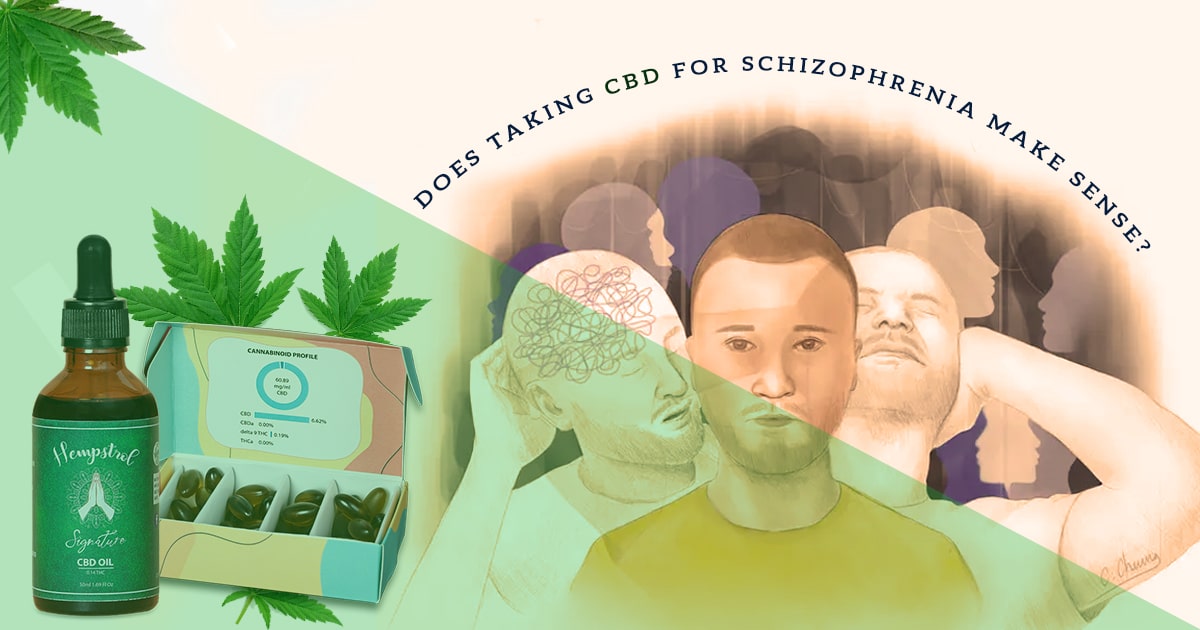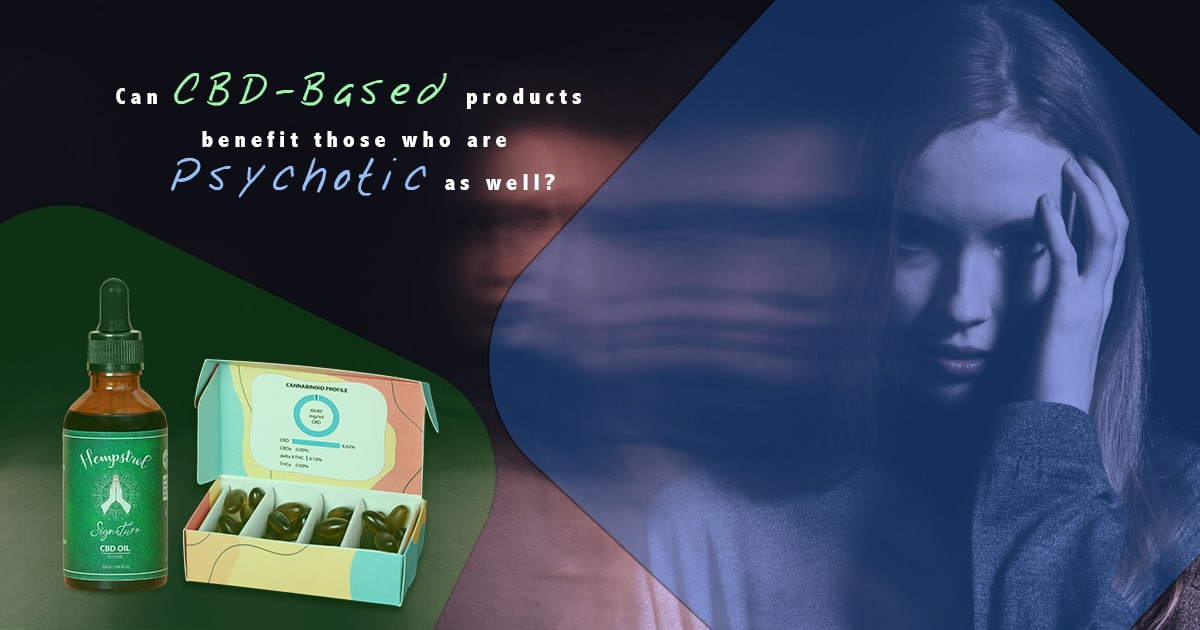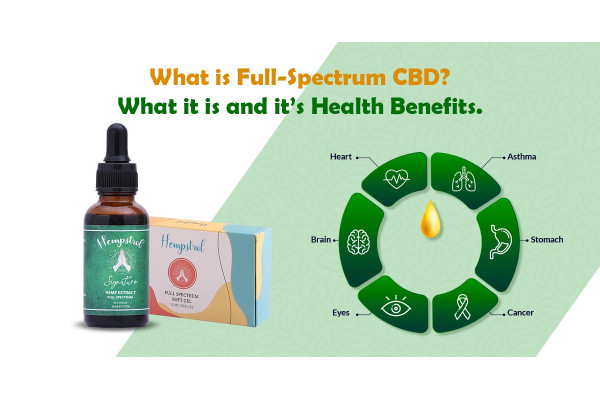How Effective Is CBD for Schizophrenia?
A severe mental illness and persistent psychotic disorder that affects reality perception is schizophrenia. One or more of the symptoms, such as delusions, hallucinations, and disorganised thinking or speech, usually first appear in early adulthood or late childhood. A small percentage of the world's population is also affected by it and it has a number of other symptoms.
More than 20 million people worldwide suffer with schizophrenia, but more than 69 percent do not receive the necessary care. Additionally, some people are unable to or don't want to take antipsychotics, which are widely prescribed for mental health disorders and have serious side effects, leading them to inquire about alternatives.
What other choices does one have in a situation like that? Researchers are eager to learn about the potential health benefits of CBD products in India available in India, including their potential to aid those suffering from schizophrenia. The limited research that has been done so far suggests that it might help with epilepsy, anxiety, and pain. However, there are still a lot of unresolved issues with CBD that we will discuss in this article.

Does taking CBD for schizophrenia make sense?
Hemp and cannabis include a group of chemical compounds known as cannabinoids, which are the source of CBD. The first thing to understand about CBD is that it does not cause intoxication. The psychoactive component of marijuana is tetrahydrocannabinol (THC).
Because of THC, marijuana is also connected to schizophrenia and psychosis. There is some evidence to suggest that cannabis use can exacerbate schizophrenia symptoms. It is not recommended for people with schizophrenia to use cannabis. However, there is some research that suggests CBD, a different kind of cannabinoid, may be beneficial for those who suffer from schizophrenia. Many people assert that CBD helps them cope with medical issues like pain, anxiety, restlessness, and PTSD. CBD appears to provide antipsychotic treatment via raising anandamide levels, an endogenous cannabinoid that operates on the same brain receptors as THC.
Although it could be tempting to use CBD on your own, it's important to avoid self-medication and speak to your doctor for their consent.

Conduct your own research
There are a lot of businesses selling cannabis products, and if you don't know much about CBD or are new to the CBD world, it could be difficult for you to choose one that meets your needs. Find out how the business grows, tests, and produces its CBD products so you can find your way. Check the certificate of analysis, or COA. This proves that each batch is checked by a separate laboratory. The product's actual ingredients, such as the presence of pesticides and dangerous metals, should be made known. Avoid the brand if it is not readily available.

Can CBD-based products benefit those who are psychotic as well?
Patients with schizophrenia can occasionally experience psychosis, which is a loss of consciousness of reality. In two of the three clinical studies, CBD was connected to some improvement in the symptoms of psychosis, according to a 2021 review of literature on CBD and psychosis. The analysis concludes that large-scale clinical trials are necessary to confirm CBD's effectiveness in treating psychosis, particularly in cases of first-time psychosis.

What dosage should I take?
Because there is now insufficient proof of CBD's effectiveness, there is no established CBD dosage for schizophrenia. Buy CBD oil purchases without a prescription are not advised. Since the majority of studies only use pure CBD, a precise dose is required for the CBD to promote healing.

Is CBD therapy for schizophrenia safe?
If you have schizophrenia and take any prescription medications, it's imperative to talk to your doctor before trying CBD. Some drugs and CBD may interact, slowing down how quickly your body breaks down your medication. This could result in unfavourable, hazardous results. It's also critical to be aware that CBD can have negative effects, even though these are typically small. These include diarrhea, weariness, and changes in appetite or weight.













-600x450.jpg)




